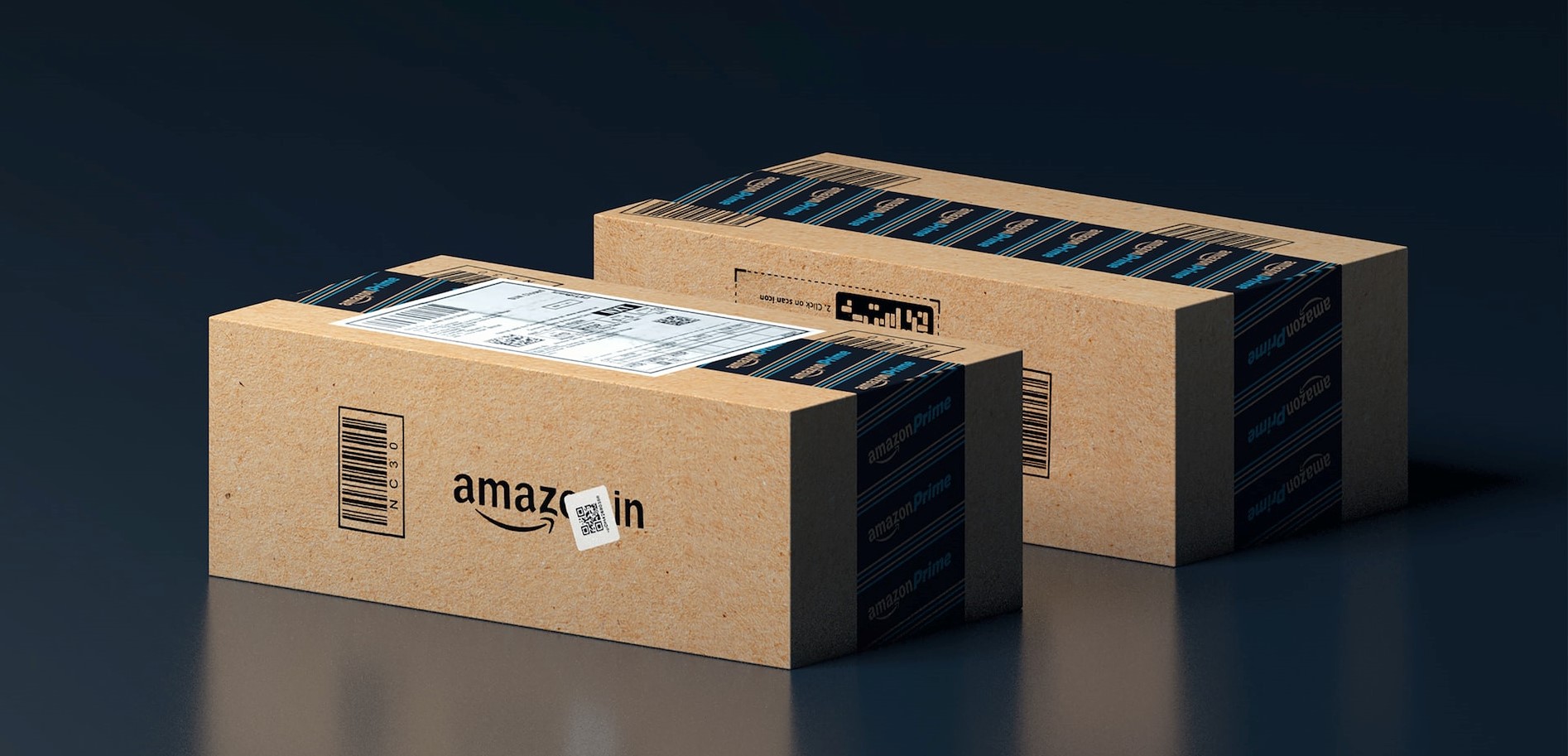In an exciting move, Amazon is set to launch in South Africa in February 2023. Meaning that forward-thinking local retailers and e-tailers are gearing up their businesses to leverage this R30 billion per year e-commerce market. Covid-19 really boosted engagement with e-commerce in South Africa and if e-commerce stores can get this right, they will be well positioned to see a surge in transactions. This, however, will require a re-evaluation of operations and ensure that all platforms and operations are really up to scratch.
Understanding the “Amazon Effect”
The Amazon Effect refers to the consistent disruption of the retail market, both online and in brick-and-mortar stores. Amazon continues to dominate online sales and has driven enormous disruption in the market.
How does the Amazon Effect affect small businesses?
In 1994, Amazon was just a small online book e-tailer but in the years since it has grown into one of the most profitable and competitive companies in the world. This, however, can work for and against small businesses. Often it makes sense for businesses to work with, rather than against Amazon. This can take the form of selling their wares through their own Amazon-facilitated stores as almost fifty percent of small business sales usually come from this revenue stream. This increases profits and their businesses will see a boost in both online and social media engagement.
Can small businesses compete with Amazon?
Internationally, Amazon’s policies and operations can feel undefeatable and over the years many online stores have had to close their doors because they were simply not in a position to compete with the giant. Amazon has also become a gatekeeper where people check out the products there as the first port of call before seeking out a product elsewhere. In this way, partnering with Amazon feels like a strong option for smaller retailers, and it becomes worthwhile finding ways to manage their hefty commission. In light of this, small online businesses need to find ways to be competitive in their own rights. This can be done by offering customers what Amazon never can: personable, reliable service and friendly engagement. In order to make these online stores competitive, make sure you have the following checkpoints covered:
-
Prioritise customer service
Treat every single customer as a top priority. When you provide a rich customer experience, this will generate positive feedback and generate return business. Gestures like free samples, next-day delivery, vouchers, value-adds and personal thank you notes will up the ante and elevate your customer experience.
-
Prepare for unexpected scenarios
Unexpected expenses can really wreak havoc on small online stores. So make sure you are prepared with a safety net should the need arise. Also, make sure you maintain a healthy credit history so that you can access working capital from reputable lenders should you need it.
-
Grow your brand
Use social media and review sites to grow your business and build brand awareness. Consumers are very savvy and will not want to buy from unknown establishments. So encourage good reviews and prove to future customers that you look after your customers and will give them a great experience.
-
Remind customers to "shop local"
There has been a recent shift where consumers really care about where the products they buy come from. So harness this trend and really emphasise the locality of your business. You can further work this messaging by getting out there into the local community, sponsoring local events, and educating people on how your product or service is bettering the community they live in.
-
Customise and personalise
Show your customers that you really care about each and every order. Ensure that when you contact your customers that you personalize the correspondence with their name and only market items they are specifically interested in. Ensure that every time you engage with your customers that you communicate their time and needs matter. This will show your customer that you genuinely care about them and this in turn will generate return business.
-
Improve your supply chain
Ensure that you improve and optimise your entire supply change so that it is as efficient and effective as possible. Upgrade tech to support this in the form of bar coding and tracking software to ensure stock levels are accurate and orders can be shipped immediately. Technology will also ensure you are consistently making data-driven decisions which will inevitably improve customer service and entice them back to support you.
The bottom line
Amazon South Africa is going to force the small online business sector to really up their game. This isn’t necessarily a bad thing as customers are already ripe for online shopping and the e-commerce environment holds big potential for our local retailers. While upgrading facilities to get ready for this shift might be a pricy endeavour, quick access to working capital will get the ball rolling so changes can be implemented well before Amazon’s arrival. To find out how Merchant Capital can serve your online store’s ambitious growth, contact us today.


